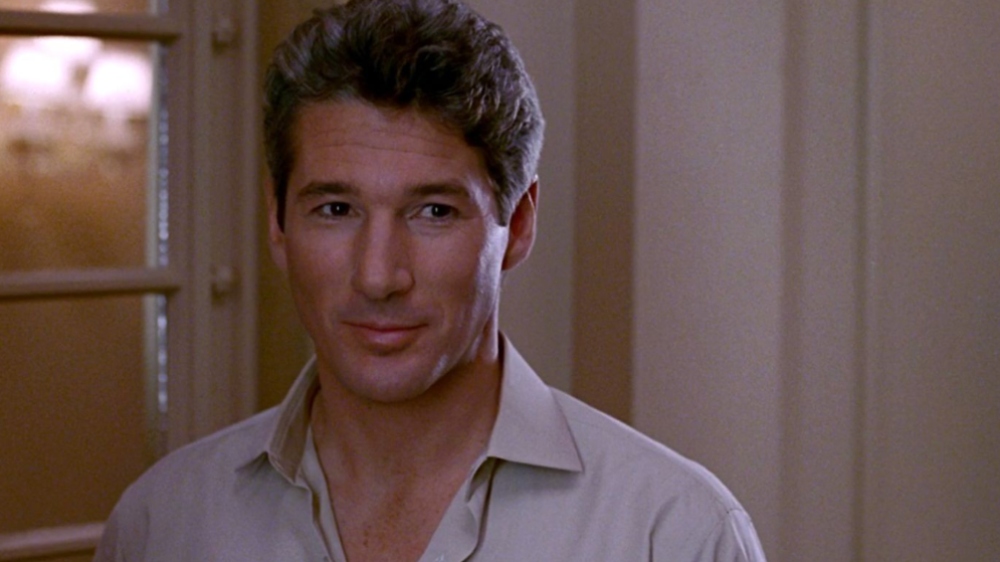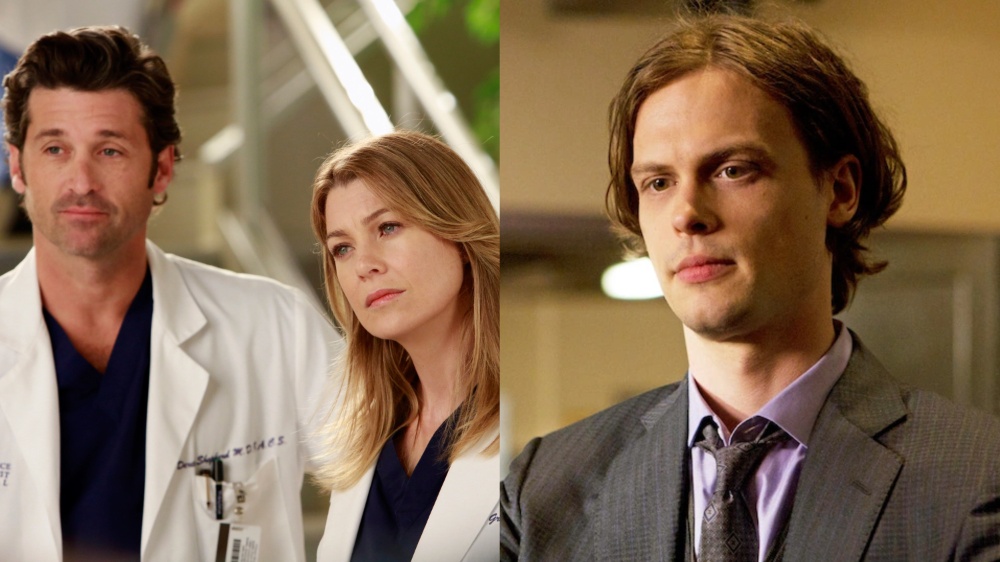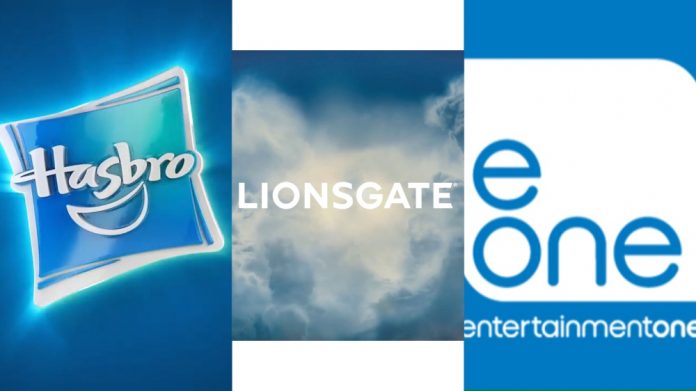So, apparently, there is something else going on in Hollywood besides the strike, which, I have to tell you, is kind of a relief after 100 days of needless posturing from the AMPTP. There’s no such thing as “business as usual” anymore, except for the times when business is as usual, like in this particular case.
In 2019, Hasbro bought eOne for close to $4 billion in an all-cash deal, and a few days ago, it sold off the company’s film and TV unit to Lionsgate for roughly $500 million, so as to raise a little money for debt relief and refocus itself on its own properties. For Hasbro, which has been forced to watch Mattel‘s Barbie make a mint at the box office, prompting Mattel Films boss Robbie Brenner to unveil a 14-movie slate, this was a necessary move to get its entertainment business back on track. For Lionsgate, the deal is part of an ongoing effort to maintain relevance in an increasingly difficult landscape. There’s something else to consider here, but I’ll get to that in a moment.
There were several suitors for eOne’s film and TV business, which includes over 6,500 titles such as recent movies Dungeons & Dragons: Honor Among Thieves, The Fabelmans, and The Woman King, and hit TV shows such as The Rookie, Yellowjackets, and the reality series Naked and Afraid. Legendary, for one, was interested, as were private equity firms like CVC Capital Partners and the distributor GoDigital Media Group. Fremantle was briefly involved in the bidding but bowed out because it was unwilling to pay Hasbro’s asking price.
Basically, Hasbro rid itself of all scripted and unscripted TV production except for the Family Brands division that produces content based on Peppa Pig and PJ Masks, as well as all film production and related global distribution, and, of course, those 6,500 titles in the Canadian company’s vault of valuables. Because one company’s “trash” is another’s treasure, so to speak.
When Hasbro bought eOne in 2019, the company was divided into three divisions. There was Music, Family Brands, and Film and TV. Music was sold off for nearly $400 million in 2021, and the Family Brands division was folded into Hasbro’s licensing and merchandising operation, which was, it would appear, the whole point of buying the company in the first place.

There was a 1980s Corporate Raider feel to the whole thing. Buy a company to get one piece, spin off the rest to others who might want those pieces, lay off some folks while you’re at it, and essentially destroy whatever the company was in the first place. All of that is fine, and pretty standard. It’s a move right out of the Edward Lewis playbook — the character Richard Gere played in Pretty Woman.
Hasbro didn’t appear to be in a rush to make the deal — it has been talked about for months and yet the official announcement sort of came out of nowhere — but it’s nice to know that there’s still some business being conducted in this town while thousands take to the picket lines.
Hasbro now has half a billion dollars to clear some debt on its books and it gets to keep eOne’s lucrative Family Brands division, which fits perfectly with its own properties — properties that Hasbro will now focus on with its Transformers property clearly starting to lose some gas at the box office. Perhaps Mattel vs. Hasbro will be the next great Hollywood rivalry along the lines of Marvel vs. DC.
On the other hand, don’t get distracted — Lionsgate is still the star of this deal, so it’s important to ask what that company gets out of this. It has been unable to sell Starz, the cable network/streamer it purchased for $4.4 billion in 2016, and is now in the process of separating from its studio business to make them two different entities. Depending on who you talk to, the combined worth of the company is between $4.1 and $4.5 billion, with most of that — as much as $3.7 billion — coming from the Lionsgate side of things. Ultimately, the Starz purchase isn’t looking so great, all these years later.
Lionsgate’s primary value comes from its library, which is especially important considering that, unlike its competitors in the Hollywood marketplace, it is a pure-play company, meaning that it focuses on just one thing. In this case, content. Whereas every other major or mid-major studio is owned by an enormous corporation for which its entertainment sector is only part of the business, for Lionsgate, the entertainment sector is the business.

Before this, Lionsgate owned roughly 18,000 titles in its library, and this deal increases that total by more than a third, which offers it more leverage in a highly challenging and competitive marketplace. These days, the library is what it’s all about, and the bigger it is, the better. It’s why Amazon spent almost $8.5 billion to acquire MGM. The new additions to Lionsgate’s vault are worth the $500 million price tag, as the package includes movies like 1917, Atomic Blonde, and Green Book, and TV juggernauts like Grey’s Anatomy and Criminal Minds. That’s not a bad haul, as there are plenty of titles to monetize even further.
There is speculation that Paramount could buy Starz and that this would be the best fit, but that hasn’t happened yet. Lionsgate probably figures that if an 18,000-title library isn’t good enough for a potential buyer, one closer to 25,000 just might be, so perhaps it will continue to search for undervalued libraries in the hopes of selling itself one day.
Lionsgate’s actual content business is still pretty good. John Wick 4 was a big hit, there are new Hunger Games and Saw movies coming out later this year, and the TV division continues to churn along. Licensing out its own product, like Schitt’s Creek, helped lift Lionsgate to over $1 billion in profits towards the end of the last fiscal year, which closed out in March. That, in theory, makes it even more attractive to a potential buyer.
Which, let’s face it, is surely the end goal, anyway.
Not to be too cynical — though in this line of work, it’s hard not to be — but that feels to me like the biggest reason for this purchase. A sale is what makes the most sense for Lionsgate because if it can’t get anyone to buy it as is, the trick is to make itself more attractive to another company that might. Building a bigger library with sexier titles is a smart, savvy way to do it.
As for that $500 million price tag, well, you have to spend money to make it, as the saying goes. The last time the company tried this, with Starz, it didn’t work out so well, but clearly, Lionsgate is hoping that the second, much cheaper time is the charm.
 Neil Turitz is a journalist, essayist, author, and filmmaker who has worked in and written about Hollywood for more than 25 years, though he has never lived there. These days, he splits his time between New York City and the Berkshires. He’s not on Twitter, but you can find him on Instagram @6wordreviews.
Neil Turitz is a journalist, essayist, author, and filmmaker who has worked in and written about Hollywood for more than 25 years, though he has never lived there. These days, he splits his time between New York City and the Berkshires. He’s not on Twitter, but you can find him on Instagram @6wordreviews.
You can read a new installation of The Accidental Turitz every Wednesday, and all previous columns can be found here.



